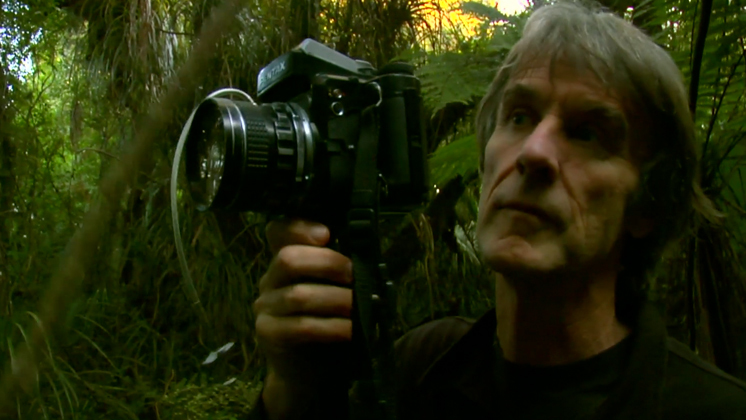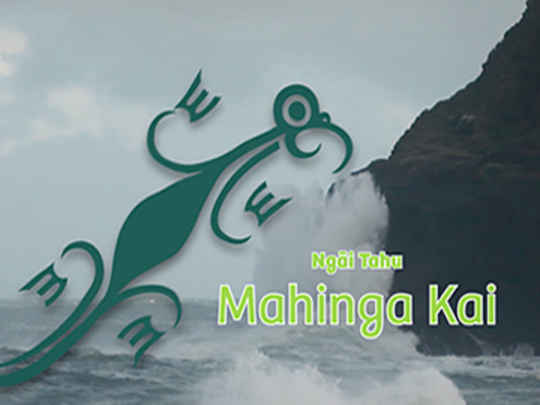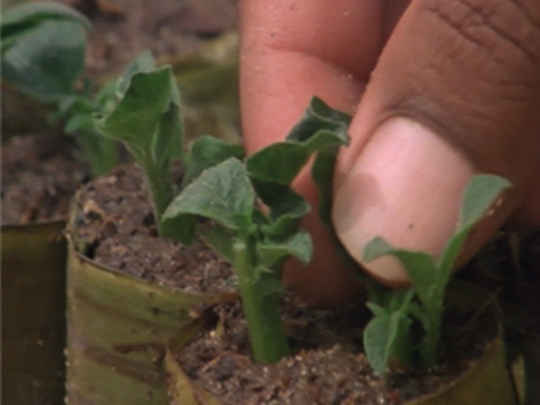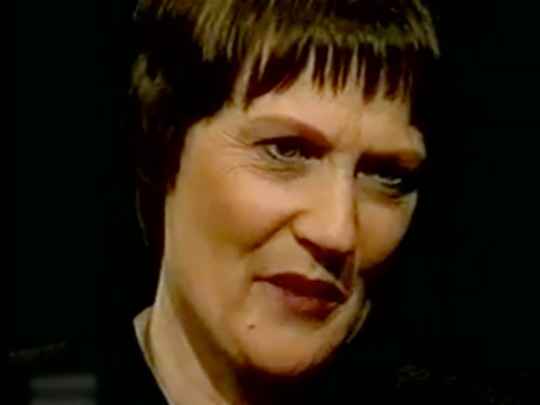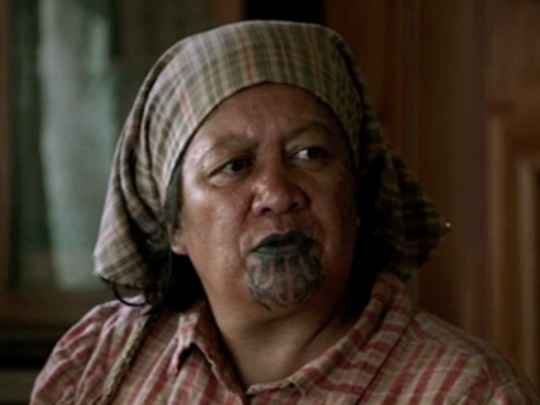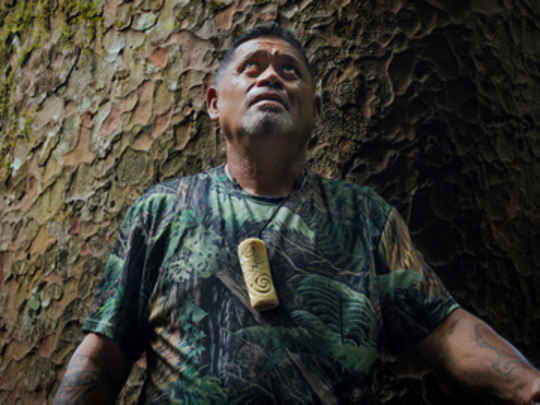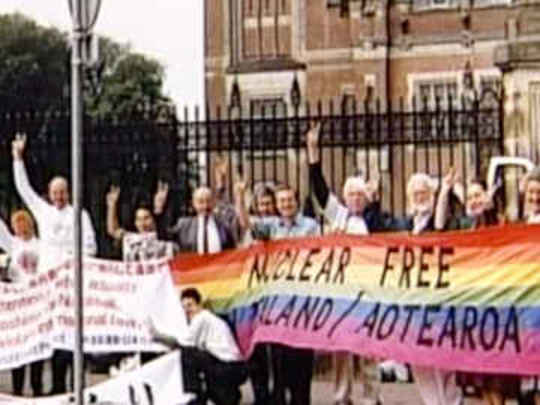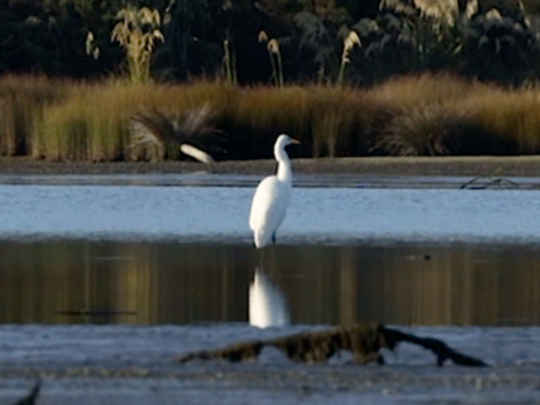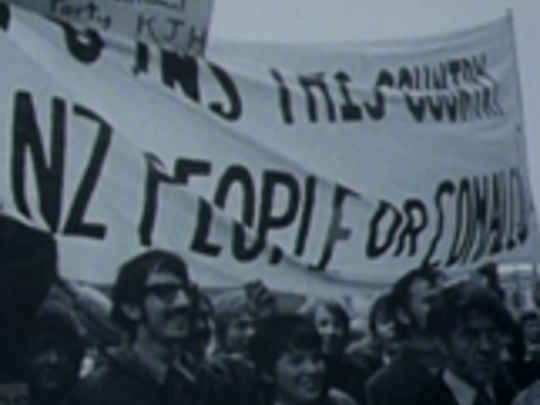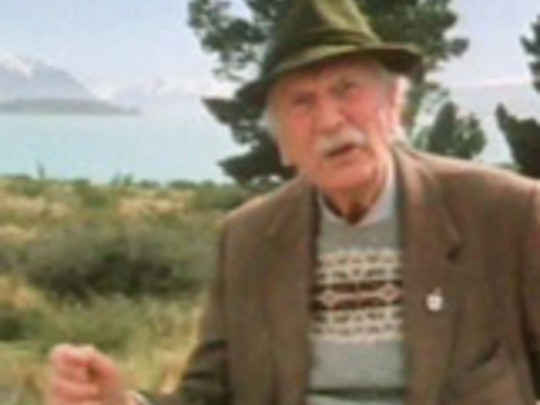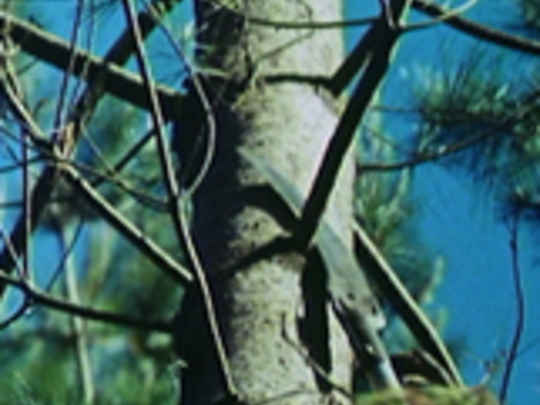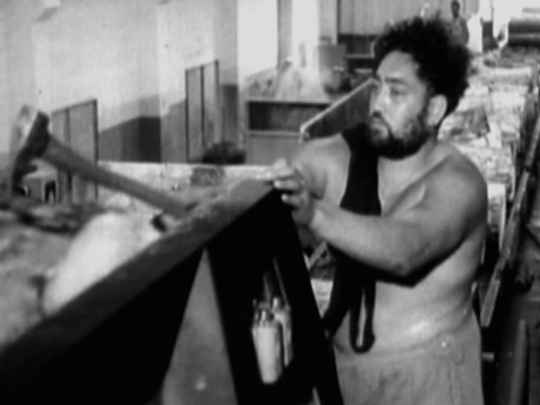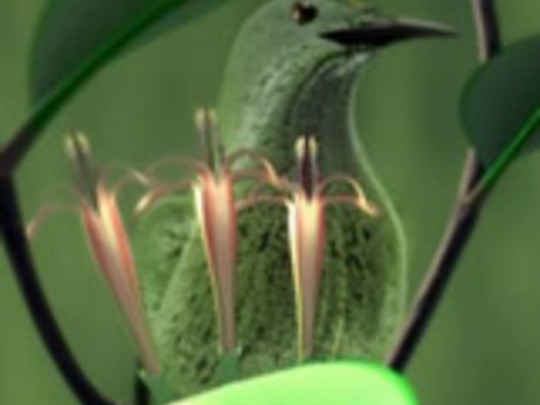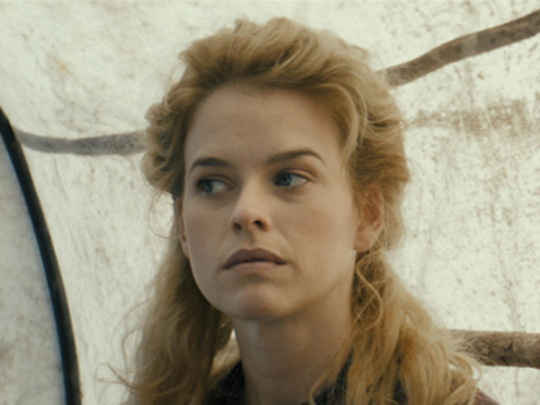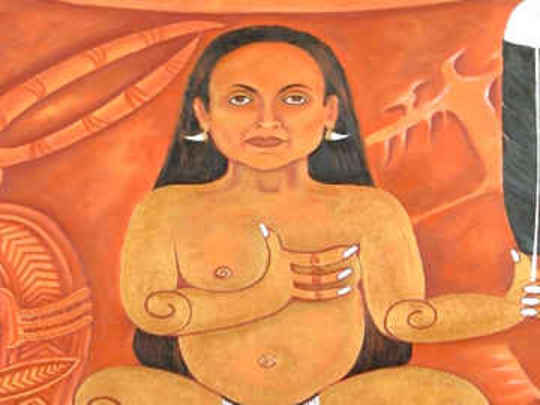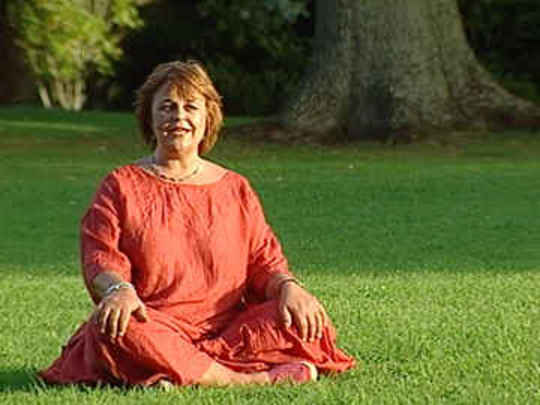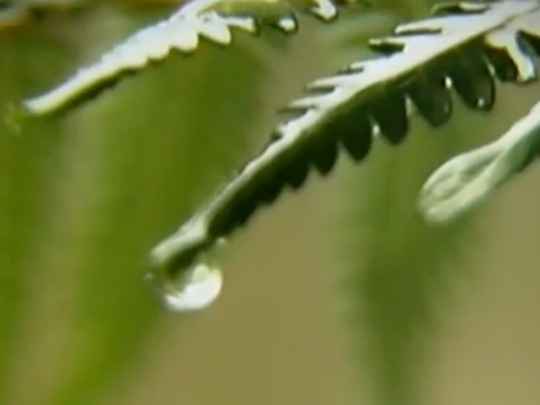You use everything: in terms of rongoā Māori, you don't waste anything. Right down to the roots.
– Tūhoe Healer Rita Tupe on rongoā Māori (traditional Māori healing), near the start of this documentary
So this is the Paparoas — thankfully it's now a national park. It took something like 20 years of absolute hard slog, fighting as political activists to get this place protected. Frankly, I think it's the best thing I've ever done in my life, working with those people and achieving this success.
– Environmentalist and photographer Craig Potton
People are crying out for us to go out there and teach them. And we are so willing to go out there and teach them. Because what we want to leave behind is a legacy for our younger generation ... to make sure that rongoā Māori will never die, because it did die. It died during my father's time, and they didn't want to go into herbal medicine and stuff like that. But we actually picked it up by the horns and carried it through because we want to make sure it will never die.
– Tūhoe Healer Rita Tupe on teaching rongoā Māori (traditional Māori healing), near the start of this documentary
The intent was to be able to create a garden from nothing, with nothing — because that's exactly what a lot of the world has: nothing. We assume that we can reach out and grab any resource that we need. Well, it's not like that for a lot of people in the world. They don’t have resources; they don’t have anything.
– Jim O'Gorman, soil health teacher and organic gardener
Basically we have to accept we're bunglers ... if we step back a little bit with our bungling, [nature] will just restore things. Nature's got this wonderful, subtle pattern of distribution of plants and animals...
– Bird and tree farmer Hugh Wilson, on letting nature take its course
We're just addicted to cars...like drugs. This addiction to fossil fuel and lazy transport has huge global impact and could destroy us — I really believe it could. I never, ever take it for granted.
– Botanist Hugh Wilson on the potential consequences of modern travel
It made me realise that we're being limited as human beings by the food that we're eating from the shops.
– Permaculture teacher Kay Baxter on humans no longer being intimately connected with food and planting, as they were in the past
It's very, very important that we don't try to control everything, and that we learn from these places. That there are areas — not only just in nature, but also in our own lives — that we can't control, that we should just let flow.
– Environmentalist and photographer Craig Potton
The year of Chernobyl, the nuclear disaster, I happened to go to Mystery Creek, to the field days. And I walked into the seed tent of one of the big seed companies, and I got talking to the man in there. He said to me 'did I realise that the only seeds we could buy in New Zealand that were grown in New Zealand was Pukekohe long keeper onions?' And all the rest came from Holland at that point. And Holland, right then, was sitting under a nuclear blanket . . . Here we were, in this land, totally dependent for our food security on the Northern Hemisphere. I couldn't believe it!
– Permaculture teacher and seed saver Kay Baxter
Why dandelion is such good food and such good medicine, is that the leaves are full of minerals and vitamins ... [The roots] have another substance in them called inulin, and what that does is it improves the lining of the digestive tract, so it enhances gut flora. And that makes dandelion a really beneficial plant for treating a range of digestive problems, such as bloating poor digestion, poor assimilation and so on.
– Herbalist and wild plant conservationist Isla Burgess on the health benefits of dandelions
If we're serious about surviving the next few generations, we actually have to make huge changes. And we have to look at what we're eating, and how it's grown. My understanding is that we won't save the seeds unless we get back into that process of coevolution, with our seeds and our food plants and our environment, that our ancestors were in. They grew their food, they saved the seeds, they selected the best seeds...
– Kay Baxter, seed saver and permaculture teacher, on getting back to basics, late in this documentary
